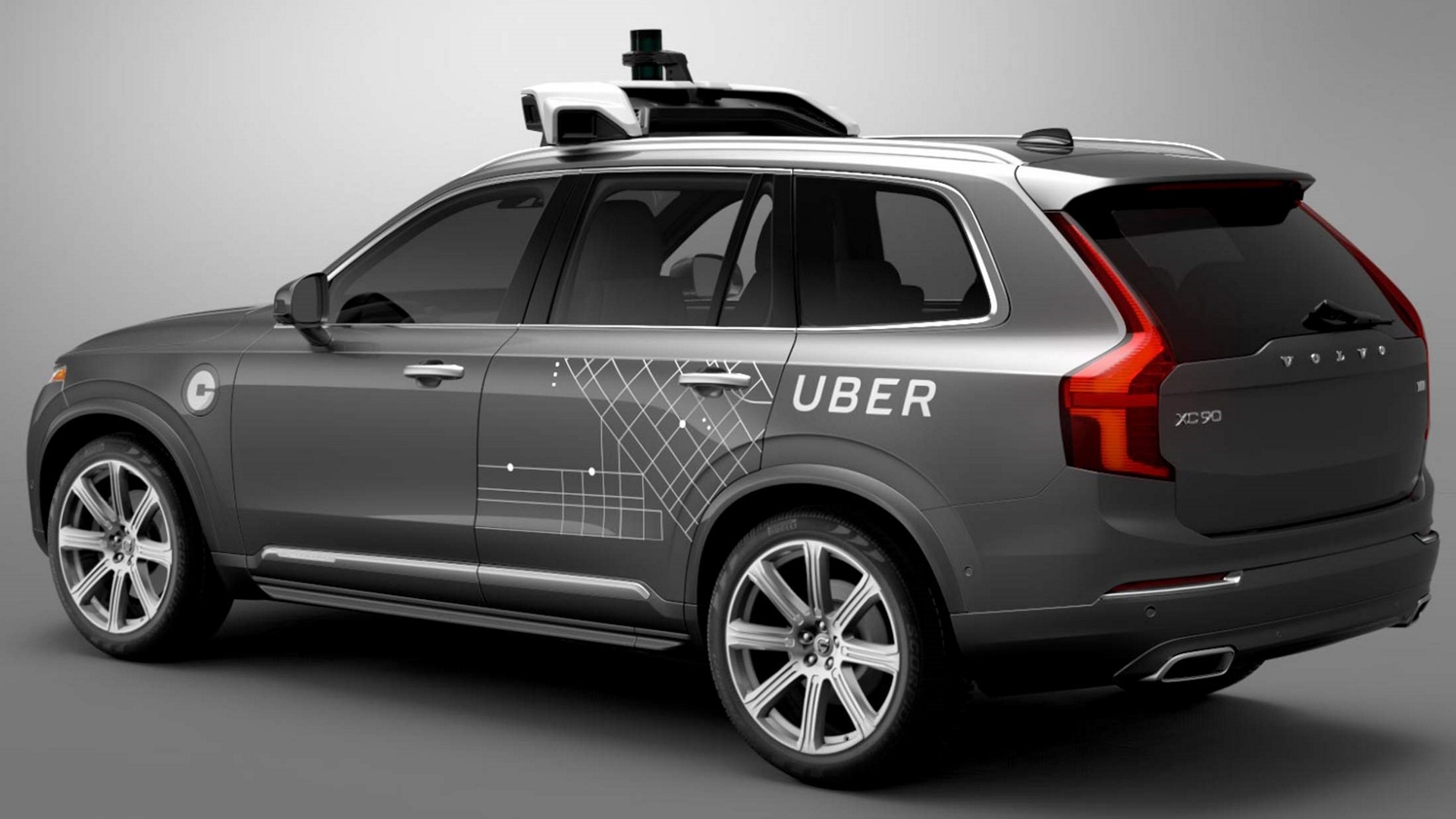

An important document in the ongoing Uber vs. Waymo legal battle was made public late on Monday. It’s the due diligence report conducted by cybersecurity firm Stroz Friedberg ahead of Uber’s acquisition of autonomous-driving startup Otto. While it doesn’t paint a particularly good picture of Uber, it may not be the silver bullet Waymo was hoping for.
Stroz Friedberg conducted its research between March 2016 and August 2016, according to The New York Times, just before Uber bought Otto, the startup founded by former Waymo engineer Anthony Levandowski. Waymo accuses Levandowski of stealing trade secrets, and alleges that Uber used the information in its own self-driving car program.
Waymo successfully argued for the release of the report, claiming it would show that Uber knew Levandowski, who is pleading the Fifth Amendment, had stolen data before it acquired Otto. The former Google self-driving car project has asked that the trial, currently scheduled to start October 10, be postponed while it examines the report and other recent Uber disclosures.
The report details of meetings and conversations between Levandowski and Uber officials while he was still a Waymo employee. Levandowski started Otto in December 2016 with Lior Ron, another ex-Google Car employee. They eventually convinced a handful of others to leave Waymo and join their startup.
According to the report, after leaving Waymo Levandowski said he found a container in his house with “source code, design files, laser files, engineering documents, and software related to Google self-driving cars.” Levandowski said the files were downloaded as a matter of “his departure from ordinary course of business.”
Investigators also reportedly found evidence of photos of Google/Waymo self-driving car designs, whiteboard sketches, and pictures of related components on Levandowski’s iPhone.
But while the report indicates that Levandowski was in possession of stolen Waymo files, it does not conclusively show that Uber actually used any of the information in its own self-driving car project. That’s the central accusation against Uber in the case. While Waymo is piling up evidence that Levandowski stole files, it still has to show that Uber did something with them.